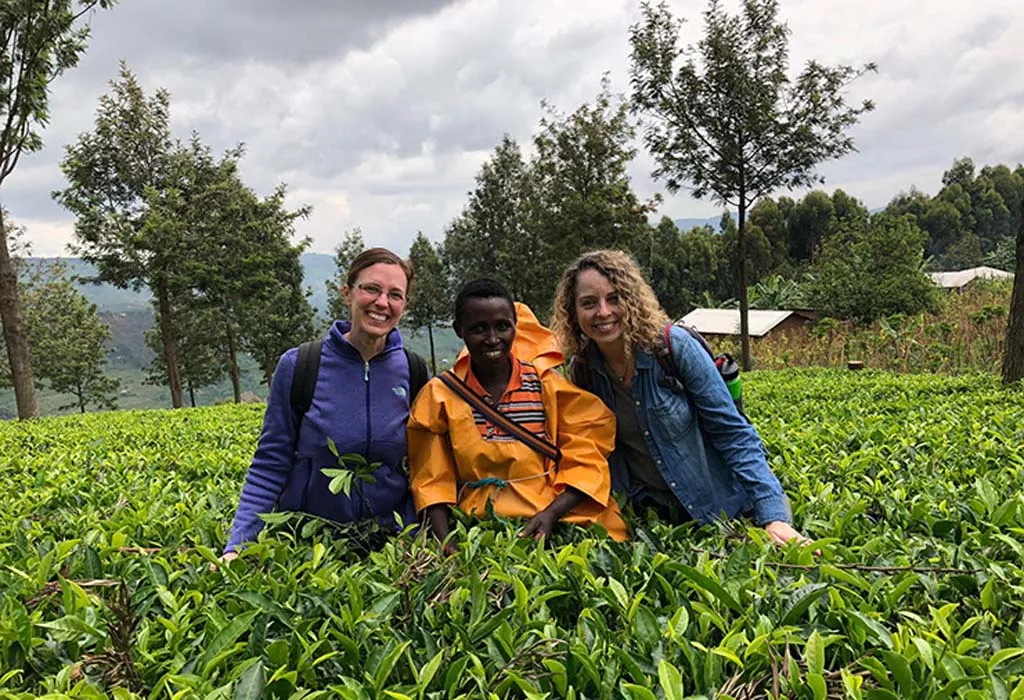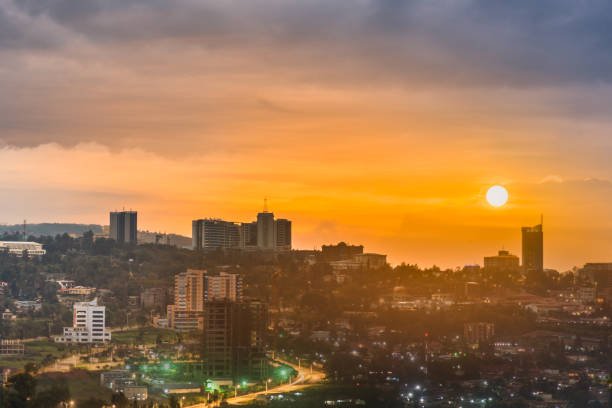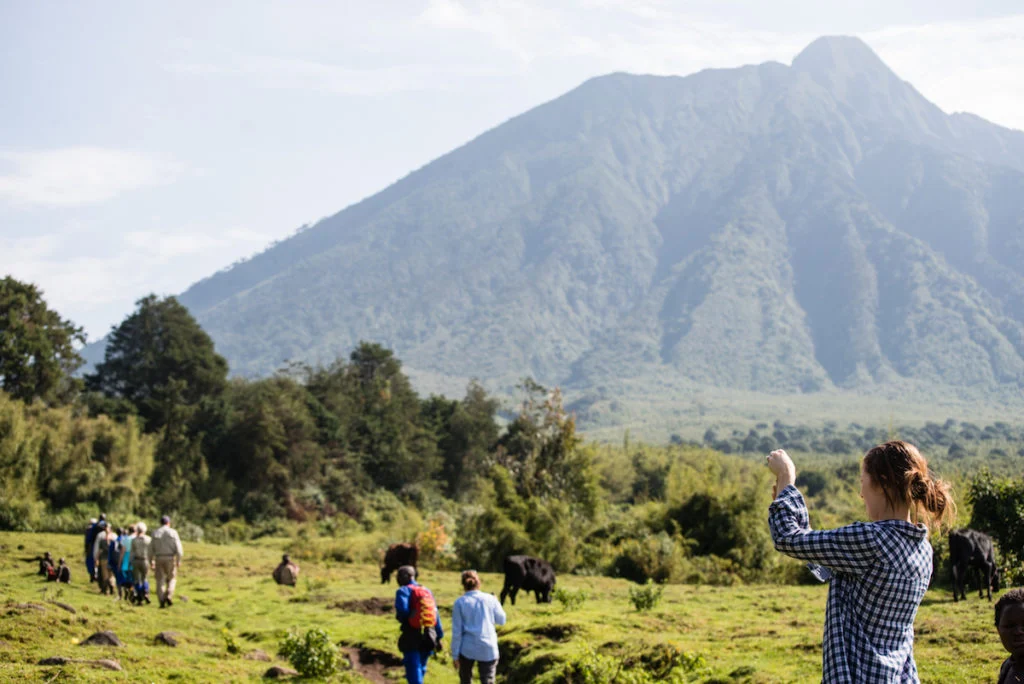
If you’re looking to go beyond the safari and city lights, Rwanda’s countryside offers a refreshing opportunity to truly connect with the land and its people. Agritourism is on the rise here—and one of the most authentic ways to experience it is by spending a day with a Rwandan farmer.
🌱 What Is Agritourism, and Why Try It in Rwanda?
Agritourism is all about blending travel with farming experiences—giving visitors a chance to see how food is grown, meet the people who produce it, and even get their hands dirty. In Rwanda, a country where agriculture supports over 70% of the population, it’s an eye-opening and humbling journey into daily life.
From terraced hillsides in the north to banana plantations in the south, every region has its own story to tell.
🌄 Morning: Sunrise, Smiles & Fresh Milk
Your day might begin in a rural village near Musanze or Huye, where the air is crisp and the rooster is your alarm clock. You’ll be welcomed with warm smiles and a hearty cup of freshly boiled milk—an essential part of morning rituals in many homes.
Then it’s off to work—milking cows, feeding goats, or collecting eggs from the chicken coop. Don’t be surprised if children are already helping out; farming is a family affair here.
🌿 Mid-Morning: Hands in the Earth
Next, you’ll walk to the family plot, often located on scenic hillsides. With a hoe in hand, you’ll learn traditional farming methods—no machines, just muscle and generations of wisdom. Depending on the season, you might:
-
Plant beans, maize, or potatoes
-
Harvest cassava or sweet potatoes
-
Tend to coffee or tea bushes
Farmers will gladly explain the meaning behind intercropping, composting, and seed preservation. It’s sustainable farming in action.
🍛 Lunch: Farm-to-Table the Rwandan Way
After a productive morning, it’s time for a home-cooked meal—made with ingredients you helped gather. Think: boiled plantains, beans, fresh vegetables, and isombe (cassava leaves). If you’re lucky, your host might prepare ugali or ibihaza (pumpkin stew) to share.
This is not just about food—it’s about community. Expect to eat together, laugh, and trade stories (with the help of a translator, if needed).
🌾 Afternoon: Coffee, Bananas & Craft
Depending on where you are, the afternoon brings more opportunities to explore:
-
In Nyamasheke or Gakenke, join farmers as they process coffee—from cherry-picking to drying.
-
In Eastern Province, learn how banana beer is brewed traditionally.
-
In the Southern highlands, try your hand at weaving baskets or banana-leaf crafts.
You’ll discover that every task, every crop, every tool has a deeper meaning in local life.
🐓 Evening: Reflection and Connection
As the sun dips behind the hills, there’s time to relax and chat with your hosts. Maybe you’ll help prepare dinner, maybe you’ll sit around a fire and hear stories about how farming has changed over time—through colonization, modernization, and climate shifts.
If you choose an overnight agritourism stay, you’ll sleep in a guest hut or spare room, often built with local materials like adobe and eucalyptus.
💬 Why This Experience Stays With You
Spending a day with a Rwandan farmer is more than just a cultural tour—it’s a lesson in resilience, cooperation, and respect for the land. You’ll walk away not only with dirt under your fingernails, but also with a deeper appreciation for Rwanda’s rural soul.
Whether you’re a curious traveler, eco-tourist, or aspiring farmer, this experience will feed your spirit.
🧭 How to Book an Agritourism Tour in Rwanda
-
Red Rocks Rwanda (Musanze) – Offers immersive farm experiences and cooking classes.
-
Azizi Life (Southern Province) – Connects travelers with rural artisans and farmers.
-
Nyungwe Nziza Project (Near Nyungwe Forest) – Promotes rural tourism including tea and coffee experiences.
Tip: Always book through reputable platforms or ask your lodge/guide for ethical and community-supported options.
Ready to Live a Farmer’s Life—Even Just for a Day?
Pack your boots, bring an open heart, and let Rwanda’s countryside change how you see food, people, and the rhythms of rural life. You won’t just visit—you’ll participate.



















